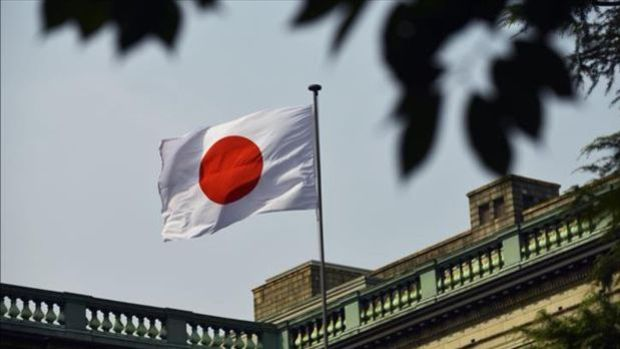BOJ raises interest rates for second time since 2007
The Bank of Japan has raised its benchmark interest rate to 0.25 percent in an effort to halt the yen’s slide against the U.S. dollar. The Bank of Japan (BOJ) raised its policy rate from 0%-0.1% to 0.25% at its meeting today. Only 11 out of 49 economists surveyed by Bloomberg had predicted a rate hike. Only two members of the monetary policy committee objected to the decision. The BOJ also announced that it would reduce the pace of monthly bond purchases. Accordingly, the BOJ will reduce its monthly bond purchases to around 3 trillion yen ($19.6 billion) in the first quarter of 2026. Currently, the bank is purchasing nearly twice that amount of bonds each month. The pace of reducing bond purchases was slightly more aggressive than the market consensus for halving purchases over a two-year period. By taking these steps, BOJ Governor Kazuo Ueda, who had been pursuing an ultra-loose monetary policy with the world’s last negative interest rate until March, demonstrated the bank’s will to continue normalization. The moves are also expected to revive expectations that another rate hike could be made this year. The bank’s interest rate remains low by global standards, but is currently at its highest level since December 2008. “The Bank of Japan’s surprise rate hike, which aligned with our non-consensus call, shows that Governor Kazuo Ueda is prioritizing solid inflation figures over signs of soft demand in the economy and continuing with policy normalization,” said Taro Kimura, Bloomberg’s economist.


